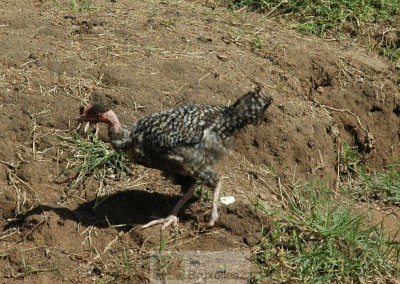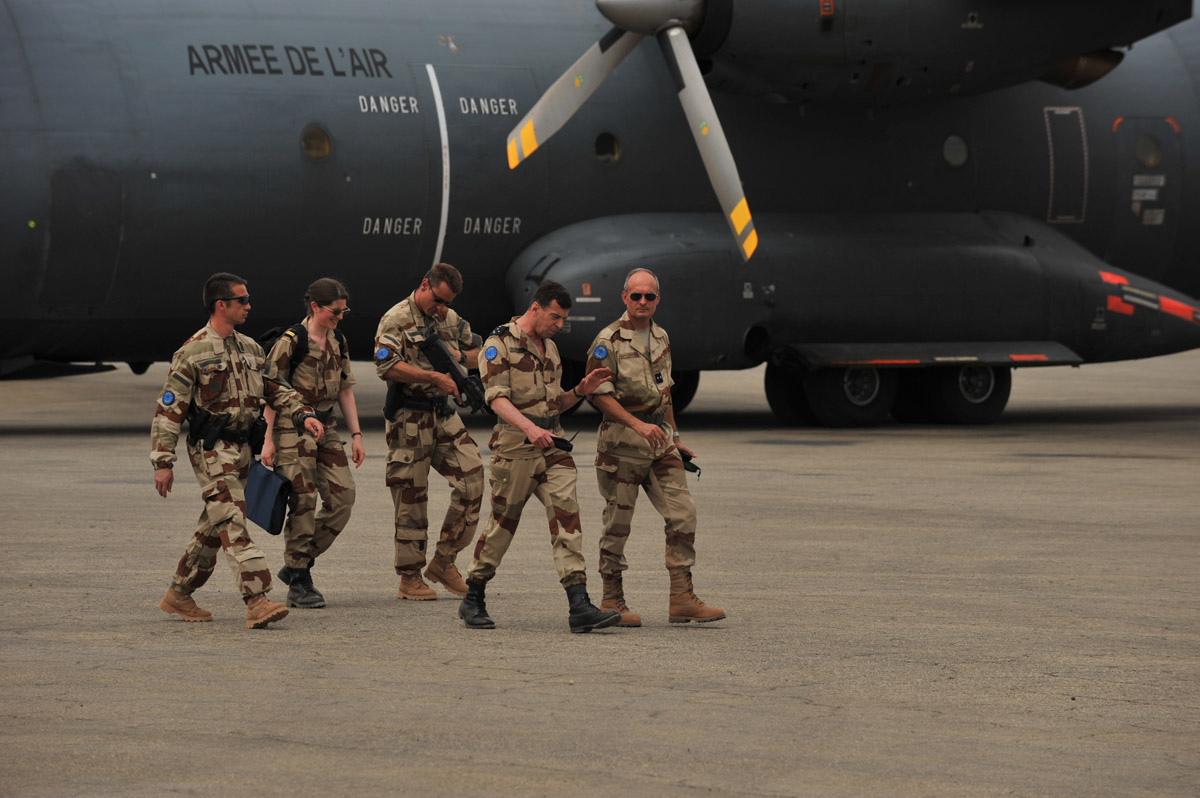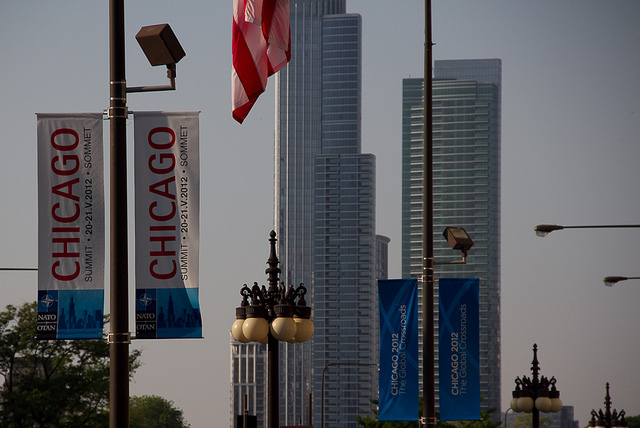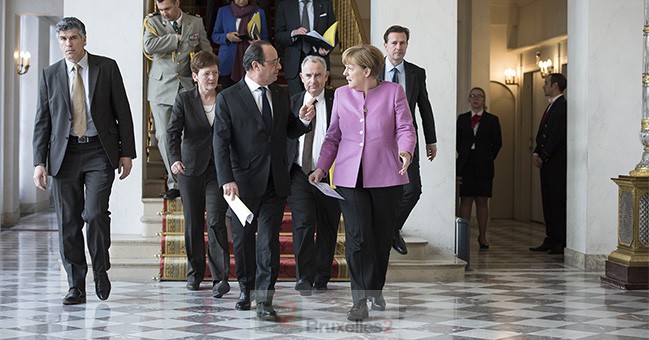Defense Europe, hens and Juncker

(BRUSSELS2) Jean-Claude Juncker's comment on the common foreign and security policy is a good word (read: The CFSP: a horde of hens is better (Juncker). This makes you laugh a lot (including B2 ;-). It could be a strategic axis. But it still leaves a strange taste in your mouth.
A certain lack of elegance?
First of all, it's not very elegant for the highest managers but also for all the teams working in Brussels or in the field, in the eastern confines of Europe, in the Middle East, in Africa... And these teams are better than a horde of hens, certainly. In a way, for the High Representative of the EU, Federica Mogherini, it is a scathing snub, her first since taking office which has been, so far, a flawless run.
A CFSP that works better than we think
Next, the common foreign and security policy (CFSP) suffers from many imperfections and shortcomings. But it is not as inefficient as Juncker would have us believe. The sanctions policy is working (read: European sanctions: are they useful? is it effective?). Most of the operations and missions deployed under the CSDP have some effect, even if there are hiccups (article to come). The Europeans, together, have managed to somewhat stabilize certain critical areas (Georgia, Somalia, Indian Ocean - piracy, Central African Republic and Mali with notable French involvement).
Even if it means playing the provocative, moreover, President Juncker could have pushed the cork a little further, put his finger where it hurts. That is to say the Member States, which prefer to have a whole army of operetta incapable of acting together, or even of acting at all (*).
Courageous actions to take
Finally, the President of the Commission is, as such, a key player in this common foreign and security policy which he vilifies. If it doesn't work out the way he wants, he has to take action.
If it had been a little more consistent, Jean-Claude Juncker could have said: I request the application of permanent structured cooperation, I decide to set up a fund to launch operations (all decisions provided for by the Treaty of Lisbon), I am launching a series of infringement proceedings against countries which do not comply with either the text or the spirit of the directives published in 2009 on public defense procurement and arms transfers (subject largely under the bushel since), I am launching a reform on the calculation of European deficits in order to exclude capacity investments from the deficit (a very delicate but fundamental question), etc.
A report released on the sly
It is his role as President of the Commission: to assume a policy, to go to coal, to displease the Member States, to take blows if necessary, but in the end to allow new solutions to be built. However, until now, it is "Waterloo bleak plain".
After that fireworks, we should have had a sequel. However, no noteworthy proposal appears in the two reports (distributed by B2 yesterday to its subscribers in preview) and which the Commission finally chose to make public today. The reality is clear when you read this report attentively: 18 months after the last European summit, the results are "weak" or almost nil. And in the face of current threats and challenges, current ambitions are reduced. For a file, which is one of the priorities of the President, of his Commission and an issue of the future European summit, it would certainly have deserved a little more coherence and preparation...
(Nicolas Gros-Verheyde)
(*) In the crash test of efficiency, 23 armies of operetta?
Let's not be fooled or jargon. Most EU Member States now have light armies, just good enough to parade on national holidays or to provide a small complement in a multinational operation.
Take a concrete test
How many states are today capable of defending themselves "alone" against a limited attack, for example, a brigade of several thousand well-trained men? Being very generous, I would say five: United Kingdom, France, Germany + Italy, Spain!
Which State is capable today of sending 5000 men outside quickly for combat actions, out of coalition, solo ? 1 + 1/2: France and possibly the United Kingdom (when the United States is there = a Briton alone in combat becomes rare, the last time was in 1982 in the Falklands! or in 2000 in Sierra Leone).
The other armies have, indeed, a clear challenge before them: unite or disappear.



